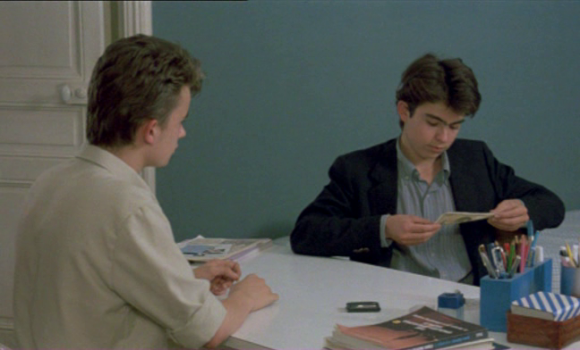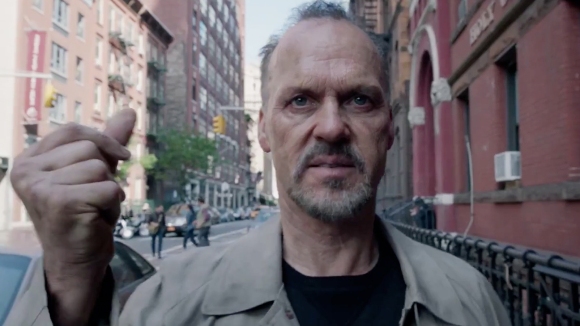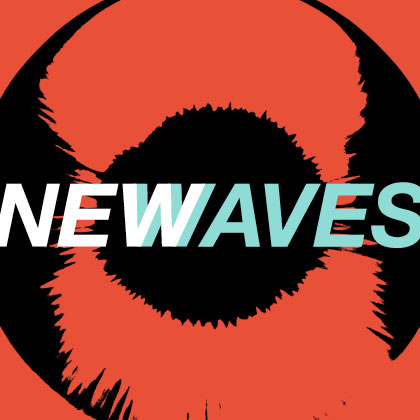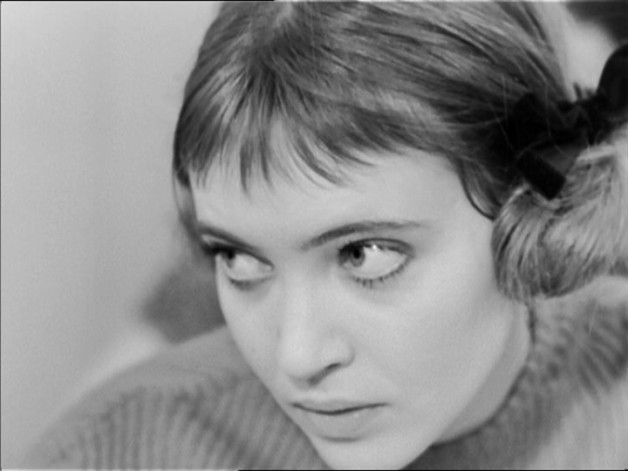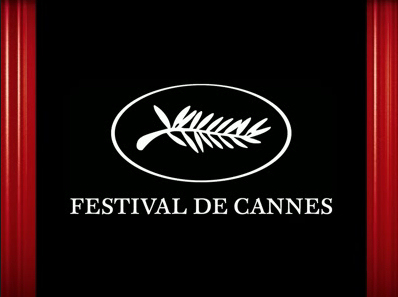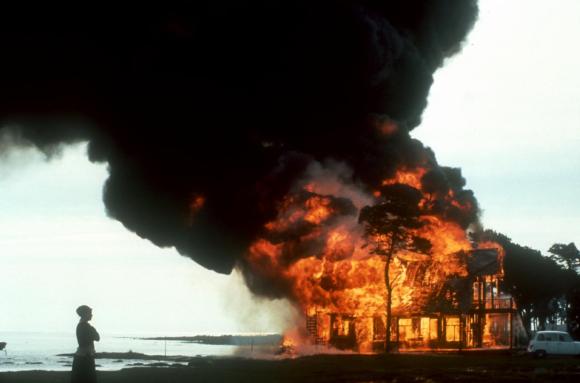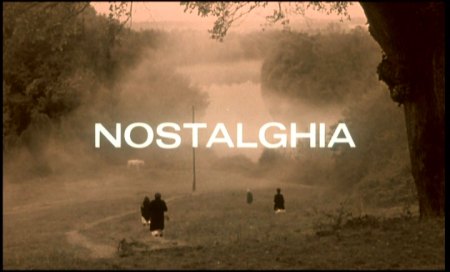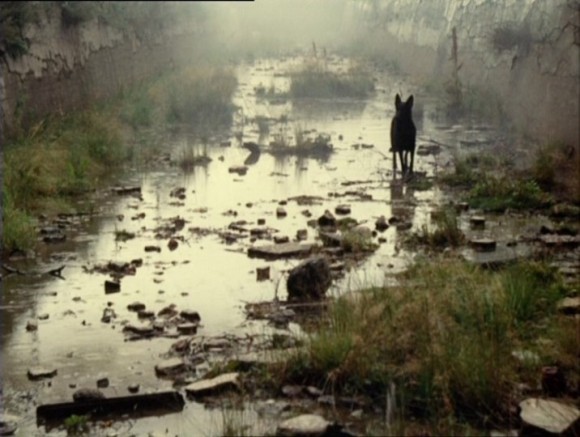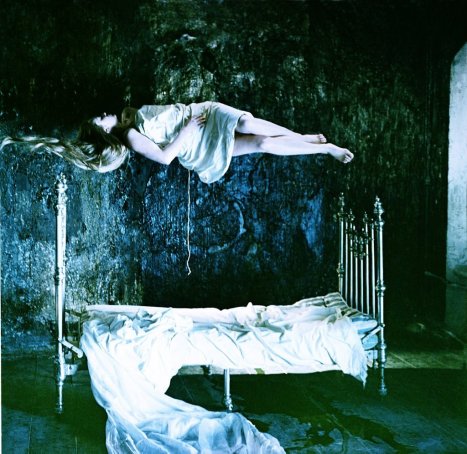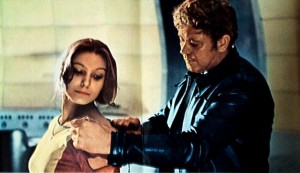So hey! I’m starting a new series, because I don’t have enough apparently. Something has always fascinated me about great director’s later films. Wouldn’t, as you get more practice and more experience, make deeper and more complex films? Obviously that’s not quite true. No one, for example, would argue that Family Plot is superior to Rear Window. Or that Some Like It Hot is a worse film than Buddy Buddy.
Why is this? Why do some directors, considered the greatest of all time, gradually descend into cinema that could charitably be described as “not their best.” On the other hand, what motivates some artists to produce some of their best work as their final films. Of course some films, like Paprika or The Sacrifice were completed when their directors were dying suddenly of fast acting cancers, and therefore are representative of the peak of their creative powers. These always feel like we were robbed far too soon.
Here we find in Robert Bresson’s L’Argent a special case. Like Bela Tarr would after him, Bresson’s final film came in 1983, more than a decade before his death in the early 90s. This, to me, communicates something important about L’Argent, a very specific intent on Bresson’s part that this be the end of his body of work. And honestly, this is pretty galling considering the actual content of the film. 